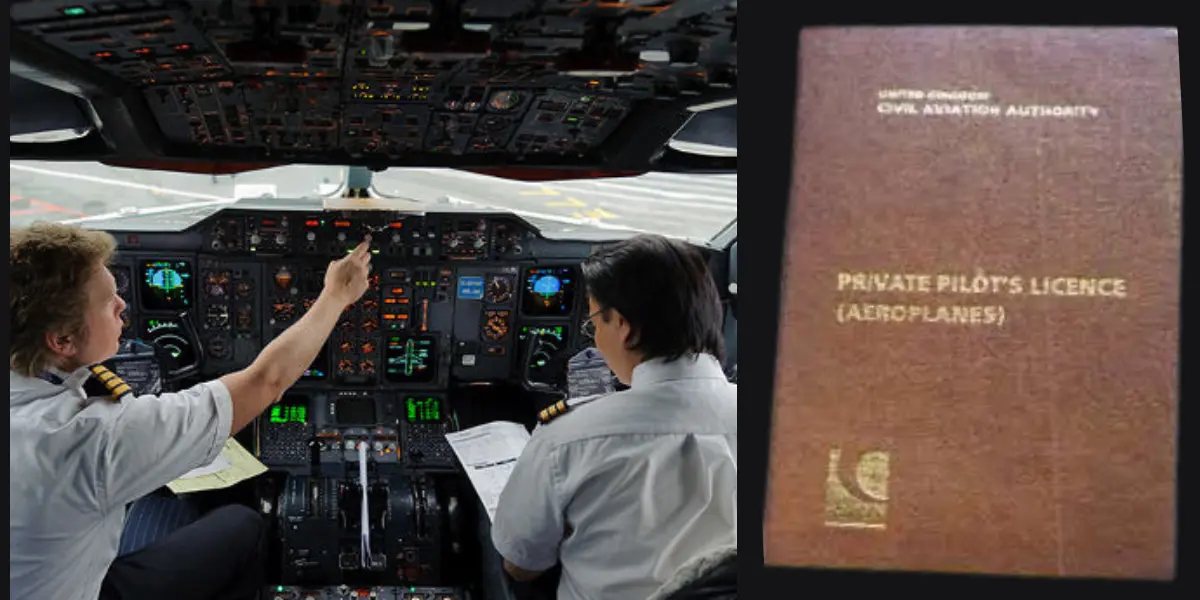The Private Pilot License (PPL) in France is a highly sought-after certification that enables individuals to fly privately for leisure and other non-commercial purposes. France, with its rich aviation history and diverse landscapes, offers an ideal environment for aspiring pilots to gain their wings. This article delves into the intricacies of obtaining a France PPL, covering the prerequisites, training process, costs, and benefits.
Prerequisites for Obtaining a France PPL
Before embarking on the journey to obtain a France PPL, candidates must meet specific prerequisites. These include:
- Age Requirement: The minimum age to obtain a PPL in France is 17 years.
- Medical Fitness: Applicants must pass a Class 2 medical examination conducted by an authorized aviation medical examiner. This ensures the candidate is physically and mentally fit to fly.
- Language Proficiency: Candidates must demonstrate proficiency in English, as it is the international language of aviation.
- Educational Background: While there is no formal educational requirement, a basic understanding of mathematics and physics is beneficial.
The Training Process
Ground School
The first phase of PPL training involves ground school, where candidates acquire theoretical knowledge essential for flying. The curriculum covers various subjects, including:
- Aviation Law: Understanding the regulations governing aviation in France and internationally.
- Navigation: Learning to chart courses and navigate using instruments and visual references.
- Meteorology: Gaining insights into weather patterns and their impact on flight.
- Aircraft General Knowledge: Studying the mechanics and systems of aircraft.
- Human Performance and Limitations: Recognizing the physiological and psychological factors affecting pilots.
Flight Training
Upon completing ground school, candidates proceed to flight training, which comprises a minimum of 45 flight hours. This training is conducted in various phases:
- Dual Instruction: Under the supervision of a certified flight instructor, candidates learn basic flying maneuvers, takeoffs, landings, and emergency procedures.
- Solo Flights: After demonstrating proficiency, candidates undertake solo flights to build confidence and experience.
- Cross-Country Flights: Candidates plan and execute longer flights to different airports, honing their navigation skills.
- Night Flying: Learning to fly in reduced visibility conditions, which is a critical skill for safe piloting.
The Examination Process
Theoretical Exams
After completing ground school, candidates must pass a series of theoretical exams administered by the French Civil Aviation Authority (DGAC). These exams test knowledge in the subjects covered during ground school and require a thorough understanding to succeed.
Practical Flight Test
The final step is the practical flight test, conducted by an authorized examiner. During this test, candidates must demonstrate their flying skills, including pre-flight checks, maneuvers, navigation, and emergency procedures. Passing this test is crucial to obtaining the PPL.
Costs Involved
The cost of obtaining a PPL in France can vary depending on several factors, including the flight school, location, and individual progress. On average, the total cost ranges between €8,000 and €15,000, which covers:
- Ground School Fees: Tuition for theoretical training.
- Flight Training Fees: Costs for aircraft rental and instructor time.
- Examination Fees: Fees for theoretical and practical exams.
- Medical Examination Fees: Cost of the Class 2 medical examination.
- Miscellaneous Costs: Additional expenses such as study materials, flight gear, and transportation.
Benefits of Obtaining a France PPL
Personal Freedom
A France PPL grants unparalleled personal freedom to explore the skies. Pilots can fly to various destinations, discovering the beauty of France and beyond from a unique perspective.
Career Opportunities
While a PPL is not a commercial license, it serves as a stepping stone for those aspiring to pursue a career in aviation. It provides a solid foundation for advanced certifications like the Commercial Pilot License (CPL) and Airline Transport Pilot License (ATPL).
Skill Development
Piloting an aircraft hones numerous skills, including decision-making, problem-solving, and spatial awareness. These skills are valuable not only in aviation but also in various other fields.
Community and Networking
Joining the aviation community opens doors to networking opportunities with fellow enthusiasts, experienced pilots, and industry professionals. This network can be beneficial for mentorship, advice, and career advancement.
Choosing the Right Flight School
Selecting the right flight school is a crucial decision in the journey to obtain a France PPL. Consider the following factors:
- Accreditation: Ensure the school is accredited by the DGAC and follows international training standards.
- Fleet and Facilities: A well-maintained fleet and modern training facilities enhance the learning experience.
- Instructor Experience: Experienced instructors with a passion for teaching make a significant difference in training quality.
- Student Reviews: Research reviews and testimonials from former students to gauge the school’s reputation.
Conclusion
Obtaining a Private Pilot License (PPL) in France is a rewarding endeavor that opens up a world of possibilities. From personal freedom to career opportunities, the benefits are manifold. By understanding the prerequisites, training process, and costs, and choosing the right flight school, aspiring pilots can embark on their journey with confidence.
Read our more Blogs…
